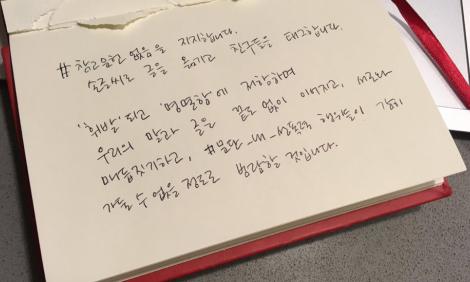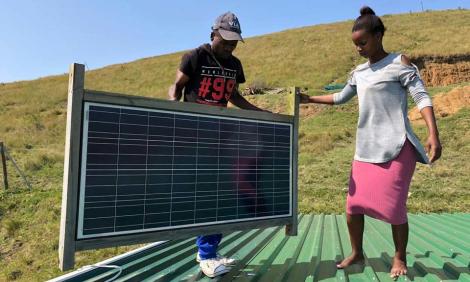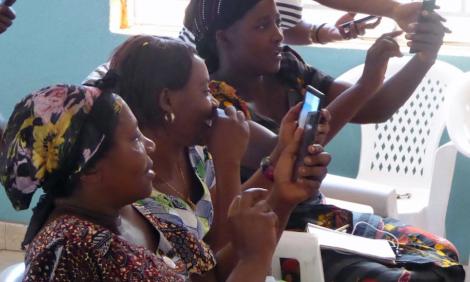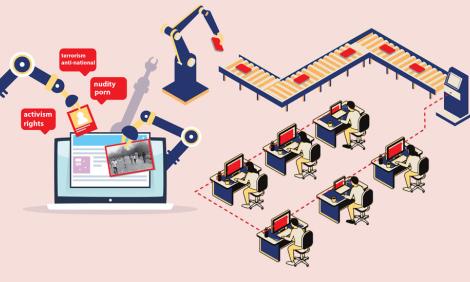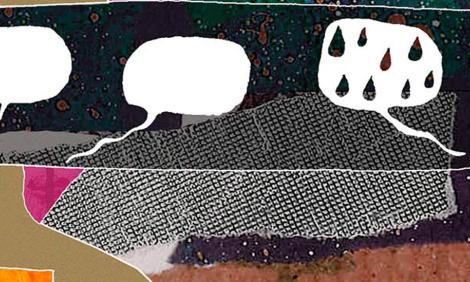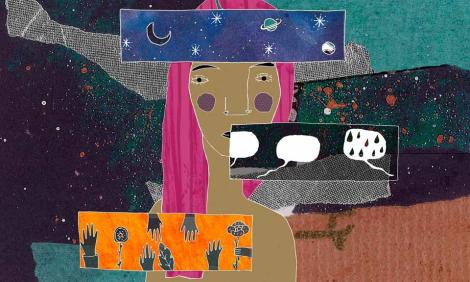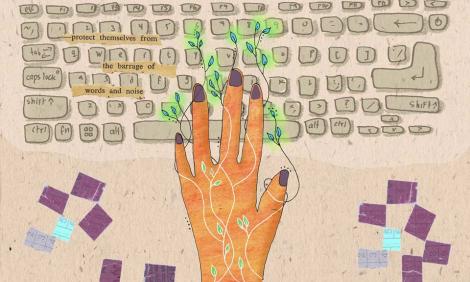In depth
Internet Freedom is Not Enough - Cyberfeminists Are Fighting For a New Reality
By Ani Phoebe Hao
Today, feminist activists are claiming that digital rights are human rights, too. This article talks about how cyberfeminists, especially from the global South, are going deeper into making digital rights a reality for women, LBT individuals, non-English speaking people in the global South.
In depth
Mapping the Stage Differently: Theatre #MeToo Movement and Internet Culture in South Korea
By Soo Ryon Yoon
Not enough has been said about how the #metoo movement played out in contexts far from where it was triggered and especially in countries in Asia and Africa. In this article we see the unravelling of hierarchical and sexualised relations in theatre in South Korea, and how fragile assemblages of rebellion were formed online and on-ground.
In depth
New age women: Women and their approach towards internet connectivity in rural India
By Sarbani Banerjee Belur
Availability and affordability of the internet have a major impact on whether women are able to access and use the internet. In this article we explore what happens when community networks bring the internet closer to women and the small and big ways in which this changes their lives.
In depth
Privileging the social over the technical in community networks: Interview with Sol Luca De Tena
By Kira Allmann
Zenzeleni, which means ‘do it yourself’ in isiXhosa, has become exemplary of the unique challenges and remarkable successes of a community network in the global south. In this interview, Sol Luca de Tena discusses how the cooperative business model for Zenzeleni has evolved to center community needs and priorities.
In depth
Community networks for raising awareness of women's rights: Interview with Chako Armant
By Joey Ayoub
In this interview with Chako Armant who researches and works on a community network on the island of Idjwi in DRC, she talks about running a community network while there is ongoing uncertainty and conflict, and how they are addressing norms around gender and technology.
In depth
Are we any better at judging right from wrong? Automation in content moderation
By Namita
Censorship has been replaced online by a system of content moderation controlled by companies, and these rely on both automation as well as human moderators employed to sift through content. The choice is not between the alleged neutrality of the impersonal machine and the errors and finiteness of human moderation, as both work in tandem.
In depth
Ectogenesis, Feminism, and the Metaphysics of Pregnancy
By Sasha Isaac
Advances in biological sciences suggest that in the future it would be possible to give birth to babies outside of the woman's body, and this upsets assumptions that connect reproductive labour to fixed gender roles. What are then the implications for feminist imaginations and futures?
In depth
Doing standpoint theory
By Ambika Tandon
In this article about research with domestic workers and unions, we look at the implications of feminist methods of research and standpoint theory, and how feminist methods of research should seek to destabilise power hierarchies and dynamics.
In depth
Memory and invisibility: feminist research as institutional archive of our diversity
By Débora Prado
What is the place of memory in research? What happens when researchers hold fragile links to the past for a community? How can we pleasantly complicate our ideas around research and writing by including the role of memories - that of those being researched and our own as well.
In depth
“I have read and agree to the Terms and Conditions”: Informed Consent in the Age of Social Media
By Minoli Wijetunga
Research on social media, particularly relying on public and semi-public data shared by people, raises uncomfortable questions about privacy of people and their consent to being part of a research project. What questions of consent does a feminist lens on this subject raise?



